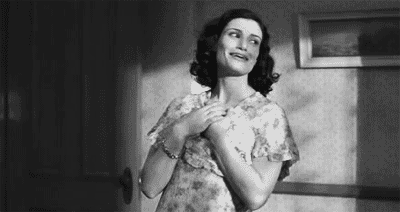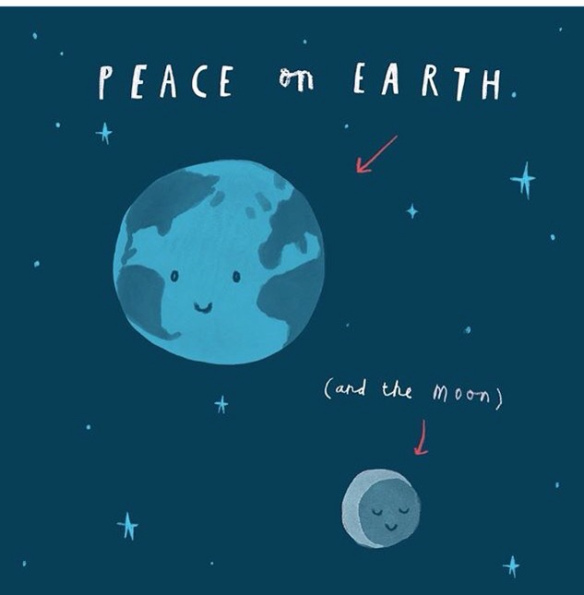To understand Haiti’s poverty, one must understand its history. It is often said that Haiti is the poorest country in the Western Hemisphere. It is—and it’s not even close. This is because Haiti is also one of the most exploited countries in the world.

For an excellent history of Haiti, I recommend Paul Farmer’s The Uses of Haiti.
It started with massive genocide wrought by Spanish “explorers” in the 1500s. Virtually none of the natives survived. After that, the French took over the Haitian side of the island. Ships came from Africa loaded with slaves and left for Europe and the US filled with timber and sugar. Haiti was deforested by the 1700s. At the same time, it became the dominant trading partner of the US and Europe.
In 1803, the unthinkable happened. The slaves revolted, kicked out their French masters, and declared independence. (US evangelical leader Pat Robertson referred to this slave revolt as their “pact with the devil”. The US media has jumped on Robertson blaming the victims, but has failed to explain he was referring to the successful slave revolt and war of independence against their colonial masters.) This made Haiti just the second independent nation in the Western Hemisphere at the time, after the US. Europe and the US (where slavery was still legal) reacted with fear and condemnation and refused to recognize the upstart slaves. They cut them off, finally agreeing to let Haiti participate in world trade if they would first compensate the French for the loss of their plantations and slaves. So the slaves were made to pay compensation to their masters. The US regarding Haiti as a renegade slave state and did not recognize its independence until after the Civil War, a full sixty years after their independence.

Isabel’s Allende’s historical fiction is set during the Haitian revolution.
Ever since then, Haiti has been indebted to the US and Europe. The US has invaded or intervened over 40 times. In the 1800s, this often meant sending a military vessel to Port-au-Prince, demanding a large sum of cash from the national treasury, and sailing away. In 1910, the US precursor to Citibank simply purchased the Haitian national treasury. To protect its investment, the US military occupied the country from 1915 to 1934, in the process creating the Haitian military, whose sole purpose was and still is to repress its own people. Eventually, the US installed dictator François “Papa Doc” Duvalier, whose reign of terror kept Haiti safe for US businesses.
Haiti’s primary natural resource is no longer timber or sugar or coffee, but cheap labor. The US helped create this new slave economy by exporting, with approval from US-sponsored dictator Jean-Claude “Baby Doc” Duvalier, cheap (and subsidized) agricultural products. These were sold for less than what local Haitian farmers could sell for. Unable to compete, they abandoned their farms and moved to the cities to work in factories—factories owned by the Haitian elite (often US citizens living in Florida) or US companies, paying slave wages.

Aristide survived four assassination attempts. As one Haitian elite described, “Everyone who’s anyone is opposed to Aristide, except the people.”
The Haitian poor finally found a champion in the diminutive priest Jean-Bertrand Aristide, who was elected twice in landslides (despite the US funding $70 million to the opposition). See American doctor Paul Farmer’s article for the story of Aristide’s struggles with the Haitian military and its US supporters. Aristide had called for a cancellation of Haitian debt; for the French to reimburse Haiti, with interest, for the compensation to slave masters extorted from it in the 1800s (a total of $27 billion), for a clampdown on government corruption; for investments in health care and education; and for an increase in the minimum wage. This was too much for the West, and Aristide was driven from power by US-orchestrated coups both times. He was also the subject of an intense media campaign by Haitian elites opposed to him. (Reviews of books about Aristide on Amazon will either have a one-star or five-star rating, depending on who submitted it.) He lived in exile for years.

France only sold the Louisiana Purchase (in brown– all red states today) to the US after facing bankruptcy from losing Haiti to a slave rebellion, a debt that Alexander Hamilton acknowledged with gratitude.
Since then, Haiti has been under a United Nations military occupation, whose role it is to keep from power both Aristide and right-wing military leaders involved in drug trafficking.
Today, Haiti is a de facto vassal state of the US, pressured by US trade and military policy to be nothing but a pool of cheap labor. 214 years after independence, it is still a nation of slaves, making t-shirts and cheap toys for US consumers.
Here, a Haitian pop star Mikaben plays an ode to his homeland:
Advertisements Share this:




